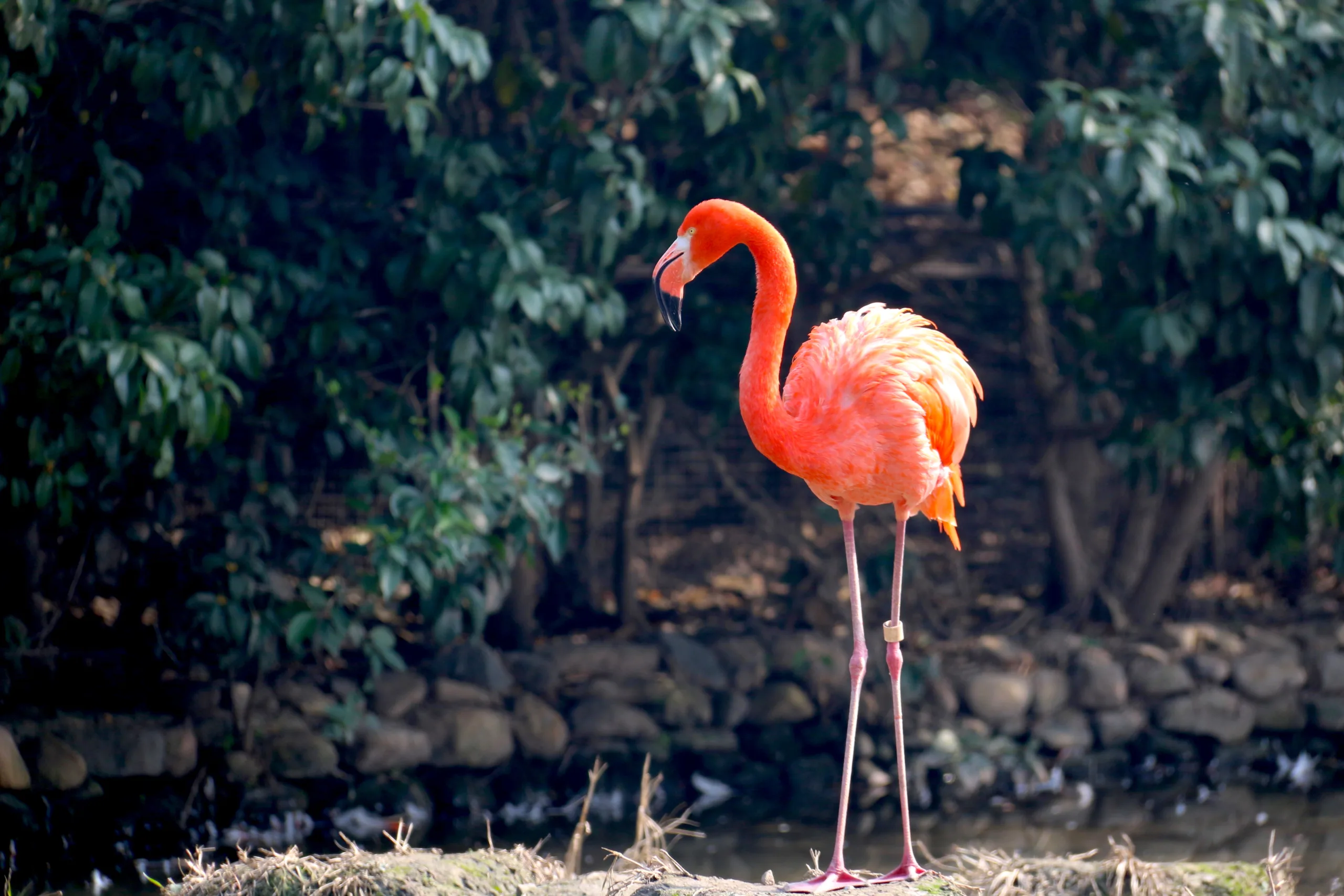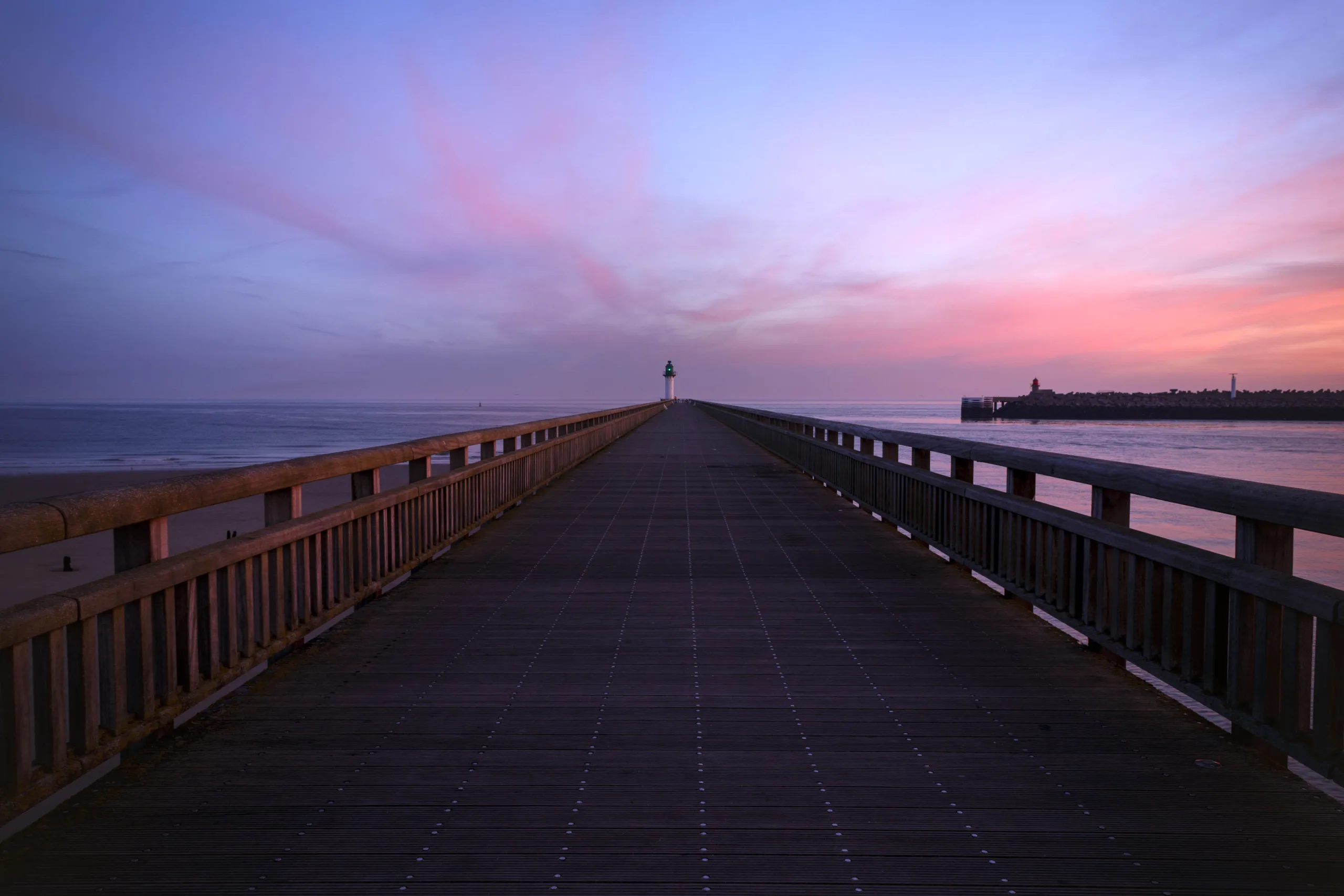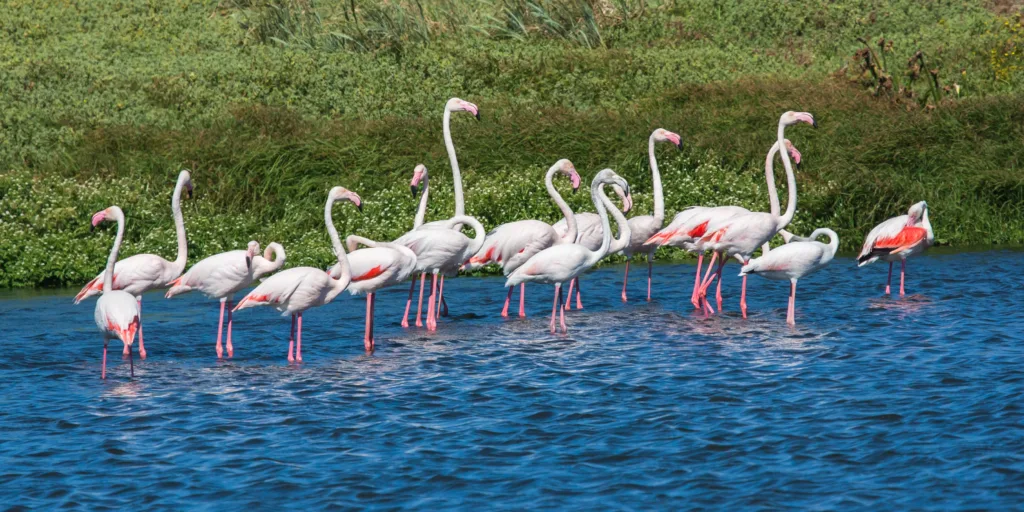The average person drinks roughly two liters of water per day, so it’s important to know how long unopened water can last before it should be thrown away or replaced. Whether you’re stocking up for a natural disaster or just want to save some money, understanding the shelf life of unopened bottled water is essential.
This article will answer questions such as: How long does unopened water last? What affects the shelf life of bottled water? What are best practices for storing water?
By the end of this article, you’ll have a better understanding of how to safely and effectively store your unopened bottled water.Generally, bottled water can last for up to 2 years if it remains unopened and stored in a cool, dry environment such as a refrigerator.
Storing Unopened Bottled Water
Unopened bottled water can be stored for a long time if it is kept in the right environment. The best place to store unopened bottled water is in a cool, dry place that is away from any light source or direct sunlight. It should also be kept away from any strong odors and fumes as these can affect the taste of the water. It should also be stored away from any source of heat, as extreme temperatures can damage the plastic bottles and cause them to leach chemicals into the water.
When storing unopened bottled water, it is important to make sure that the caps are tightly sealed and that no air has been allowed to enter the bottle. This will help keep the water fresh and prevent bacteria from forming in the bottle. Additionally, it is important to keep unopened bottled water away from any chemical or cleaning products as these could contaminate the water if they come into contact with it.
Finally, it is important to check the expiration date on any unopened bottled water before consuming it. If there is no expiration date listed then it is best to replace the bottle after one year of storage as this will ensure that you are getting fresh, safe drinking water.
Factors Affecting Unopened Bottled Water Shelf Life
The shelf life of unopened bottled water varies depending on a variety of factors. This includes the type of bottle, the content, the storage conditions and the manufacturing process. The most important factor is how long the water has been stored in the bottle before it was opened. All of these factors can have an effect on how long the water can be safely stored before it becomes unsafe to drink.
One factor that affects unopened bottled water shelf life is the type of bottle that is used to store it. Plastic bottles are more susceptible to contamination than glass or metal bottles, as plastic is more porous and can allow bacteria and other contaminants to enter more easily. Glass bottles are also less likely to break down over time, which means that they will retain their freshness for longer periods of time. Metal bottles are also less likely to break down, but they are not as resistant to contamination as plastic or glass bottles.
The content of the bottled water also affects its shelf life. If there are high levels of minerals or other additives in the water, then it may not last as long as pure, natural mineral-free water. Water with higher levels of chlorine is generally not suitable for drinking and should be used for cleaning purposes only.
The storage conditions in which bottled water is kept can also affect its shelf life. If stored in direct sunlight or extreme temperatures, then it may not remain fresh for very long periods of time. Also, if stored in a humid environment, then bacteria and other contaminants may grow faster than if stored in cooler and drier conditions.
Finally, how well-manufactured a particular brand of bottled water is can have an effect on its shelf life too. If a brand uses inferior materials when producing their product, then it will not last nearly as long as those produced with superior materials and manufacturing processes that ensure quality control measures are taken throughout production process.
Overall, there are many factors that can influence unopened bottled water shelf life, but by taking steps to ensure proper storage conditions and using a high-quality product from a reputable manufacturer you can ensure that your drinking water remains safe for consumption for long periods of time.
Does Unopened Bottled Water Expire?
Bottled water does not expire, so it does not have an expiration date. However, it is important to note that although bottled water does not expire, the plastic bottle it is stored in can gradually break down over time and allow chemicals from the plastic to leach into the water. This process is known as leaching and it occurs more quickly at higher temperatures. It is therefore recommended that bottled water be consumed within two years of purchase to minimize the risk of chemical leaching.
It’s also important to note that bottled water can contain impurities such as chlorine or other disinfectants used in the bottling process, so it should be stored away from direct sunlight or high temperatures to ensure its freshness and quality. Additionally, if the bottle has been opened, then it should be consumed within a few days to avoid contamination or spoilage. Finally, regular testing of bottled water should be done by the manufacturer to ensure its safety and quality.
Do You Need to Refrigerate Unopened Bottled Water?
The simple answer to this question is no. Unopened bottled water does not need to be refrigerated, as long as it is stored in a cool, dry place. This is because the manufacturing process of bottled water ensures that any harmful bacteria and other contaminants are eliminated from the water before it is sealed and sold.
However, in some cases it may be advisable to refrigerate unopened bottled water for a few reasons. For example, if you purchase bottled water from an unfamiliar source or if the bottle has been exposed to high temperatures for an extended period of time, it may be wise to store the bottle in the refrigerator until you have had a chance to inspect it.
It is also important to note that while unopened bottled water does not need to be refrigerated, it should still be consumed within its expiration date. Once a bottle of water has been opened, it should be consumed within one day and should always be kept refrigerated.
Finally, if you live in an area with hard or alkaline tap water, you may find that storing your unopened bottles of bottled water in the refrigerator helps improve their taste by improving the flavor and reducing any unpleasant odor that may exist due to minerals or other impurities present in the tap water.
In conclusion, unopened bottles of bottled water do not need to be refrigerated unless they have been exposed to extreme temperatures or come from an unfamiliar source. However, once opened they should always be kept refrigerated and consumed within one day for optimal freshness and taste.

Is It Safe to Drink Old Unopened Bottled Water?
Bottled water is a convenient way to stay hydrated when you’re on the go. But if you find an unopened bottle of water that has been sitting around for a while, the question arises: Is it safe to drink?
The short answer is yes – in general, it’s perfectly safe to drink from an unopened bottle of water that’s been sitting around for months or even years. That’s because water is naturally sterile and doesn’t contain any living organisms that could make you sick. However, there are some cases where drinking old bottled water could pose a risk.
One potential risk is that the bottle may have been exposed to contaminants such as bacteria or chemicals. This can happen if the bottle has been stored somewhere where it could be exposed to contaminated air or liquids, such as a basement or garage. In these cases, it’s best to err on the side of caution and throw away the old bottled water.
Another potential risk is that the plastic used for bottled water can degrade over time, potentially releasing chemicals into the water. This is especially true for older bottles of water that were produced before 2011, when BPA-free plastic became standard for most brands of bottled water. If you’re unsure about the age of your bottle of water, it’s best to discard it and get a fresh one instead.
Finally, another potential risk from drinking old bottled water is that it may not taste as good as fresh water due to changes in its composition over time. While this isn’t necessarily dangerous, it may make your drinking experience less enjoyable than desired!
Overall, drinking old unopened bottled water is generally safe and unlikely to cause any health problems. However, if you’re concerned about quality or contaminants, it’s best to play it safe and discard any bottles of water that have been sitting around for too long.
Do Unopened Bottles of Water Have an Expiration Date?
Most unopened bottles of water do not have an expiration date. This is because water does not spoil or become unsafe to drink after a certain period of time. However, it can become contaminated with microorganisms such as bacteria or algae if stored improperly. It can also become contaminated with chemicals from plastics and other packaging materials over time.
The best way to ensure the safety and quality of your bottled water is to purchase it from a reputable source and store it in a cool, dark place away from direct sunlight and other sources of contamination. If your bottled water does have an expiration date, it is usually printed on the bottle itself or on the cap. It is important to check for this before you purchase the product, as expired water may contain harmful contaminants that could make you sick if consumed.
In general, unopened bottles of water will remain safe to drink for many years if stored properly. However, if the bottle has been opened or exposed to extreme temperatures, it should be discarded after a few days as the quality of the water may be compromised. It is also important to note that some bottled waters can come with a “best by” date instead of an expiration date, which indicates when they should be consumed for optimal flavor and freshness rather than safety concerns.
Overall, unopened bottles of water typically do not have an expiration date printed on them but they should still be checked for signs of contamination before consumption. It is also important to store bottled water properly in order to maintain its quality and safety over time.
How to Tell if Unopened Bottle of Water Is Bad
It is important to check the quality of water before drinking it, especially if it has been sitting for a long time. Knowing how to tell if an unopened bottle of water is bad can help you make sure that you are consuming clean and safe drinking water. Here are some tips on how to tell if an unopened bottle of water has gone bad:
Check the bottle for signs of damage. Cracks, chips, or any other changes in the shape of the container can be a sign that the water inside has gone bad. Be sure to check the expiration date printed on the label as well. If the expiration date is already expired, then it’s best to discard the bottle.
Look for discoloration in the plastic or glass bottle. If you notice discoloration or any kind of staining on the outside of the container, this could be a sign that something is wrong with the water inside.
Smell and taste test it before drinking it. This is one of the most reliable ways to test if an unopened bottle of water has gone bad. If your nose detects any unpleasant odor or your taste buds detect a strange flavor when you take a sip, then it’s best to discard that bottle and buy another one instead.
Be aware that bottled water can go bad even when it hasn’t been opened yet. In some cases, bacteria and other contaminants can get into sealed bottles through production process or storage conditions, so always double check before consuming any bottled water product to make sure it’s still safe and healthy for drinking.

Conclusion
Unopened bottled water can last indefinitely if stored properly. If the bottle is exposed to sunlight or extreme temperatures, the water may become contaminated or develop a bad taste. If stored in a cool, dark place, unopened bottled water can last for years and still be safe to drink.
When it comes to open bottles of water, it is best to use them within a few days for optimal freshness and taste. Depending on the environment, open bottles of water may last for up to a week before becoming contaminated with bacteria or other contaminants.
Overall, unopened bottled water has an indefinite shelf life when stored properly; however, open bottles should be consumed within a few days for optimal safety and taste.
In summary, it is important to store your unopened bottled water in a cool and dark place in order to preserve its freshness and taste. Open bottles should be used up quickly in order to avoid contamination and spoilage.


